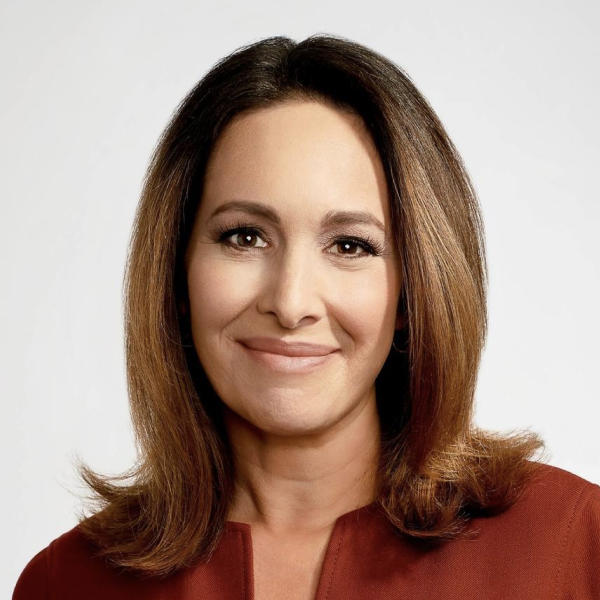In Mass. Senate race, a pact keeps Super PACs out
This election year is turning out to be a referendum on Super PACs, independent political action committees formed to benefit a single candidate. The deep-pocketed, unregulated groups can raise huge sums from anonymous donors -- and spend them however they choose.
According to the Center for Responsive Politics, the Super PACs have already collectively spent more than $44 million during the 2012 campaign.
Now, the candidates in Massachusetts' closely watched U.S. Senate race are telling those Super PACs to stay out. And the Super PACs are listening, as CBS correspondent Nancy Cordes reports.
If there were ever two candidates who don't need outside help, it's Massachusetts Senator Scott Brown and his likely Democratic opponent, consumer advocate and Harvard professor Elizabeth Warren.
Super PACs reveal big donorsSuper PACs exposed: Groups report fundraising and spending
Both Sen. Brown and Warren excel at fundraising and are savvy communicators and yet their race is turning out to be so hard fought that outside groups can't resist getting in.
The two have already spent millions on negatives ads that are flooding the Massachusetts airwaves.
These two candidates, who like to control their own message, have signed a pact to discourage outside groups, or Super PACs, from airing ads in their race.
"We're saying that we want to be able to run our own campaigns," Warren said.
Sen. Brown says they share the same view on the ads.
"I can't tell you one that's been accurate," he said. "Just through independent fact checking they're mostly false and misleading and in Massachusetts people deserve better."
By law, the campaigns can't coordinate with the Super PACs that support them. So Sen. Brown and Warren had to think of a way to stop them.
They came up with a "poison pill" strategy. If a Super PAC airs an ad against Warren, for example, then Sen. Brown's campaign must donate half the value of that advertising to charity.
"Listen they can come and play but know that if they do and they hurt one of the candidates the, the candidate's gonna pay," Brown said.
So far most Super PACs say they're on board.
